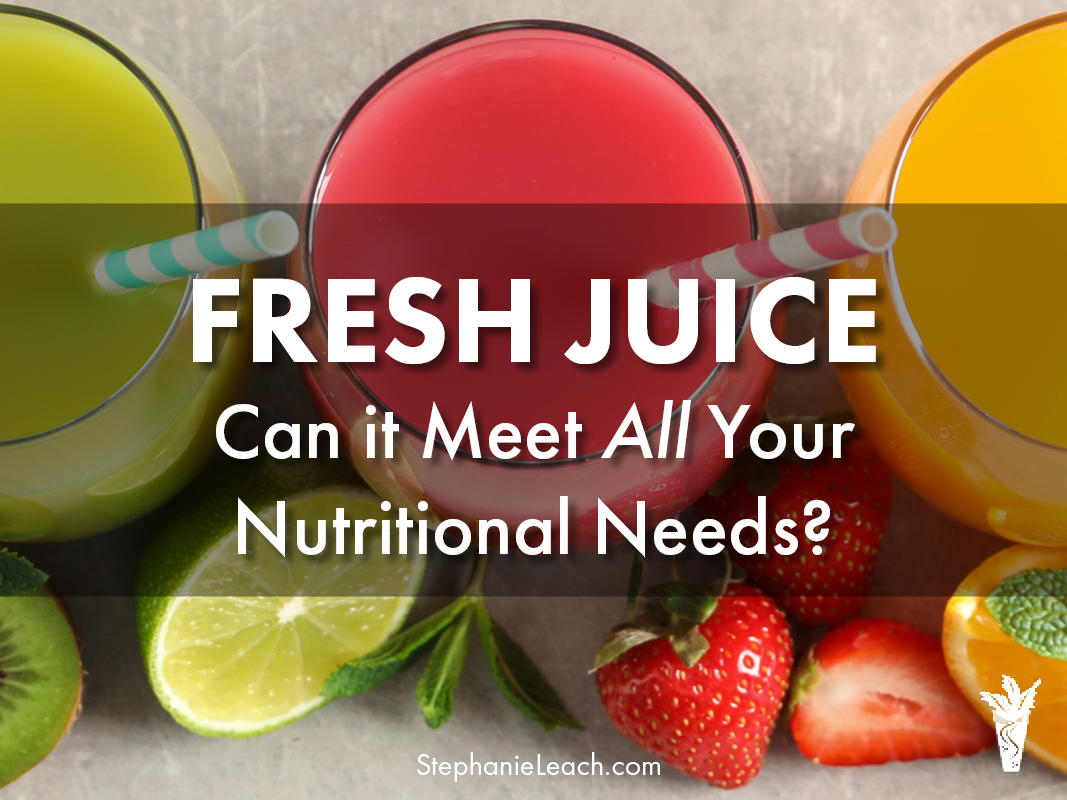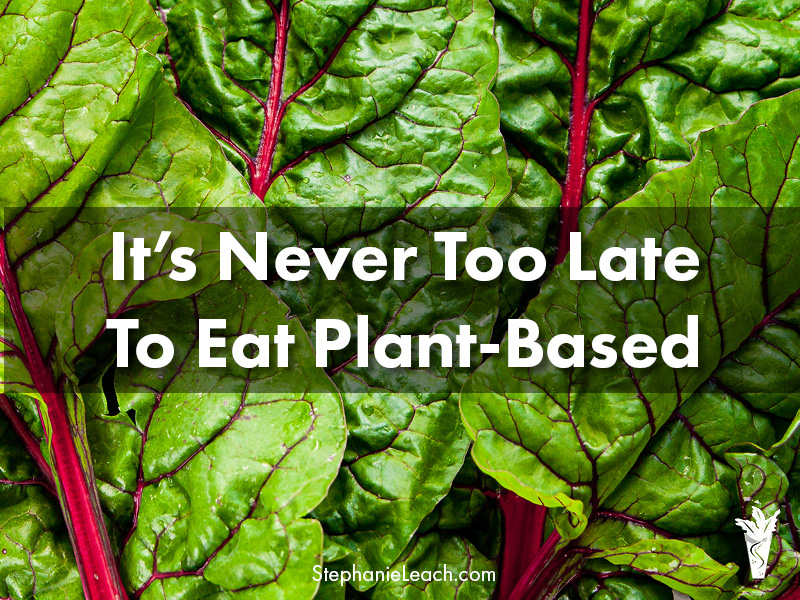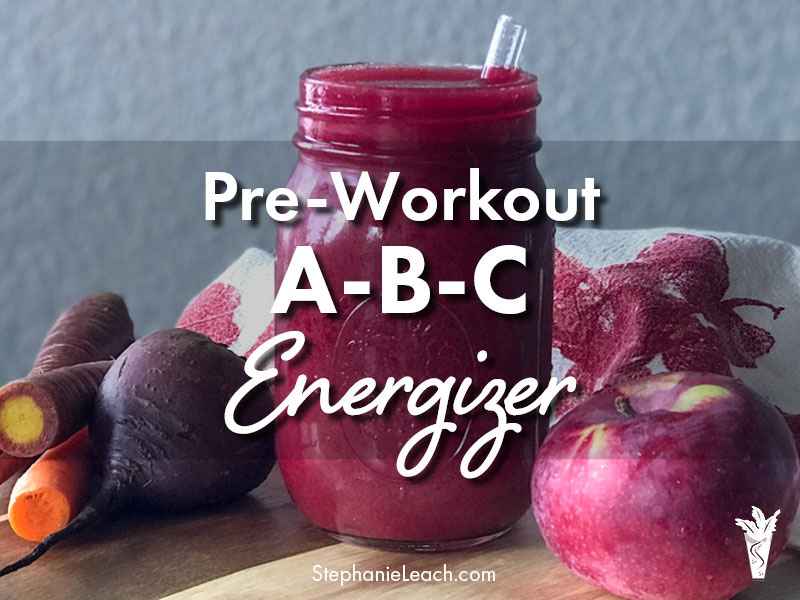Does food affect your mood? If you have ever been out shopping on a busy Saturday, running errands much later than you expected, and your mega-caffeinated beverage of choice wears off leaving you wandering store aisles – tired, foggy and grumpy – then you know the answer is a definite YES!
Food is fuel. It’s what enables your brain and body to get through the day. How you feel, and therefore your mood, is affected by what you do (and don’t) eat and drink. You have probably experienced the sudden drop in energy that comes with missing a needed meal. But there are other more subtle causes of low mood and fatigue.
Fluctuations in Blood Sugar Levels
Our bodies break down what we eat into glucose which is then used as fuel. When blood glucose levels get too low, a person can feel anxious, nervous, irritable or tired. For this reason, skipping meals is a no-no. Add caffeine and sugar to the mix, and you end up with a roller coaster of emotion – high energy followed by a “crash.” To eliminate mood swings caused by fluctuations in blood sugar levels, eat high quality carbs (whole grains, vegetables) along with some protein, and drink plenty of water. Limit your caffeine intake and eliminate added sugars and most refined carbohydrates.
Neurotransmitter Deficiencies
Our food choices influence the generation of serotonin, dopamine and other brain chemicals.
Serotonin acts in a variety of ways. Most noteworthy is its ability to reduce aggression, aid the sleep cycle and support appetite control. Persons who are frequently tearful for unexplained reasons, or exhibit irrational emotions should consider supplementation with 5HTP, or I-tryptophan from food, plus add calcium and magnesium. Food sources that help build serotonin include bananas, blue-green algae (try spirilina,) fish, ham, legumes, nuts, spinach, tomatoes and whole grains.
Dopamine is responsible for feelings of pleasure, love and attachment. A dopamine deficiency can result in a lack of feeling and being easily distracted. Foods that provide the building blocks for dopamine include apples, beets, blue-green algae, chicken, fish and green leafy vegetables.
Low Vitamin/Mineral Levels
Nutrition deficiencies, such as low vitamin D levels, are associated with depression. While low vitamin D does not cause depression, several studies have shown that increased vitamin D intake can relieve the symptoms of depression.
Mineral deficiencies, such as iodine, selenium, magnesium and zinc, can cause low mood, fatigue, and sugar cravings.
While table salt is usually iodized, sea salt usually is not – so be on the lookout for iodine deficiency which can lead to hair loss, dry skin, fatigue and memory loss. Some non-sodium sources of iodine are yogurt, eggs and strawberries.
A magnesium deficiency can manifest as muscle weakness, insomnia, headaches, sugar cravings and nausea. Eat dark leafy greens like spinach, swiss chard and mustard greens. Use molasses as a sometimes sweetener, or add some pumpkin seeds to your salad.
Because poor digestion, busy lives and bad food choices abound, many people choose to take a balanced multi-mineral supplement.
Have you noticed the food mood connection in your own health? Please comment below and share your experience.









Leave A Comment